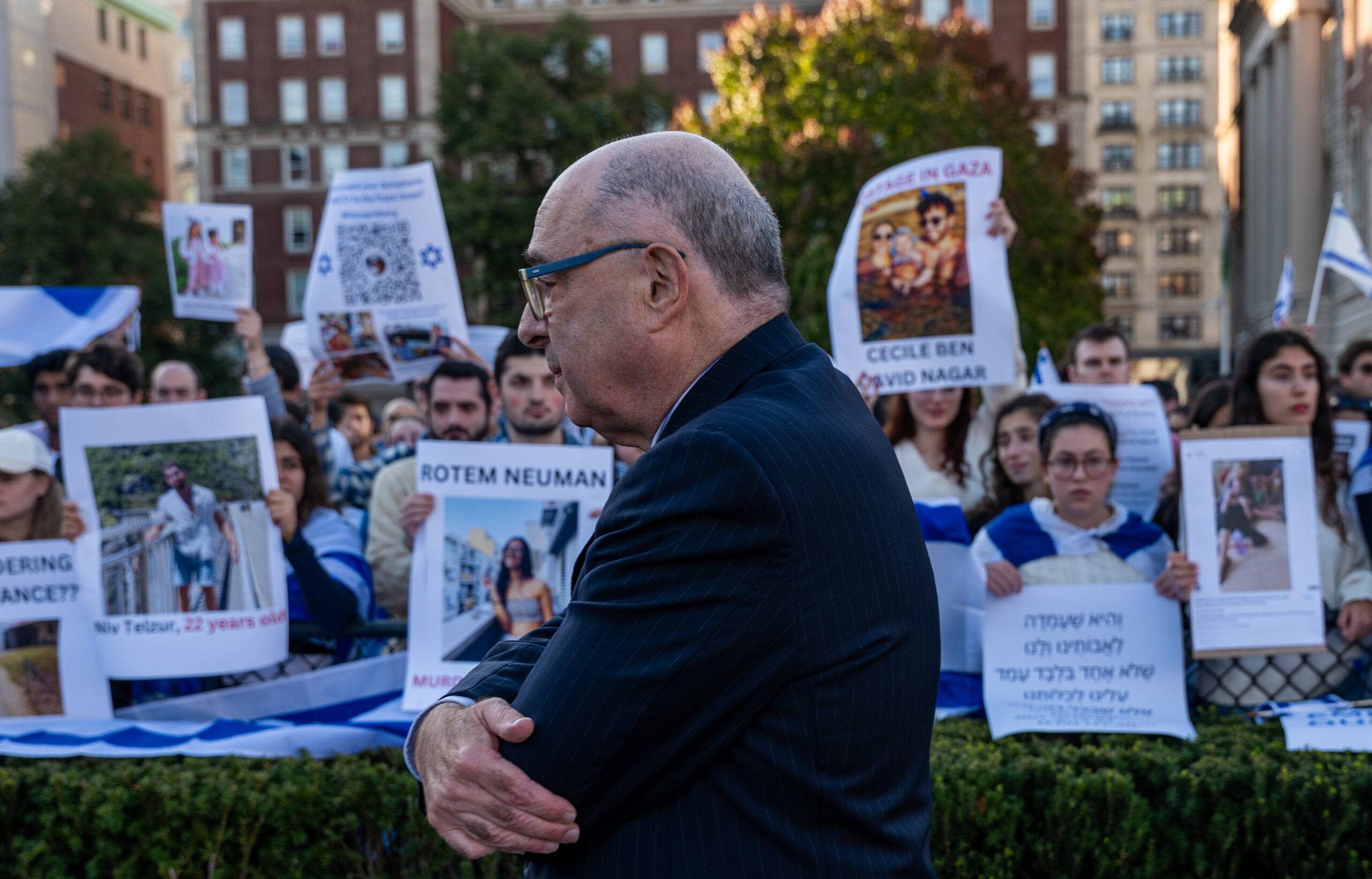At the center of much political debate in Israel during the past week, as well as, reportedly, of disagreement between Jerusalem and Washington, is the problem of how Gaza should be governed if not by Hamas. Thus far, the IDF has only held on to small parts of the Strip from which it has cleared out the terrorists. Michael Oren lays out the parameters of this debate over what he has previous called Israel’s unsolvable problem, and sets forth ten principles that any plan should adhere to. Herewith, the first five:
- Israel retains total security control in Gaza, including control of all borders and crossings, until Hamas is demonstrably defeated. Operations continue in Rafah and elsewhere following effective civilian evacuations. Military and diplomatic efforts to secure the hostages’ release continue unabated.
- Civil affairs, including health services and aid distribution, are administered by Gazans unaffiliated with Hamas. The model will be Area B of Judea and Samaria, where Israel is in charge of security and Palestinians are responsible for the civil administration.
- The civil administration is supervised by the Palestinian Authority once it is “revitalized.” The PA first meets benchmarks for ending corruption and establishing transparent institutions. The designation and fulfillment of the benchmarks is carried out in coordination with Israel.
- The United States sends a greatly expanded and improved version of the Dayton Mission that trained PA police forces in Gaza after Israel’s disengagement.
- Abraham Accords countries launch a major inter-Arab initiative to rebuild and modernize Gaza.
More about: Gaza Strip, Gaza War 2023, Israeli Security, U.S.-Israel relationship


